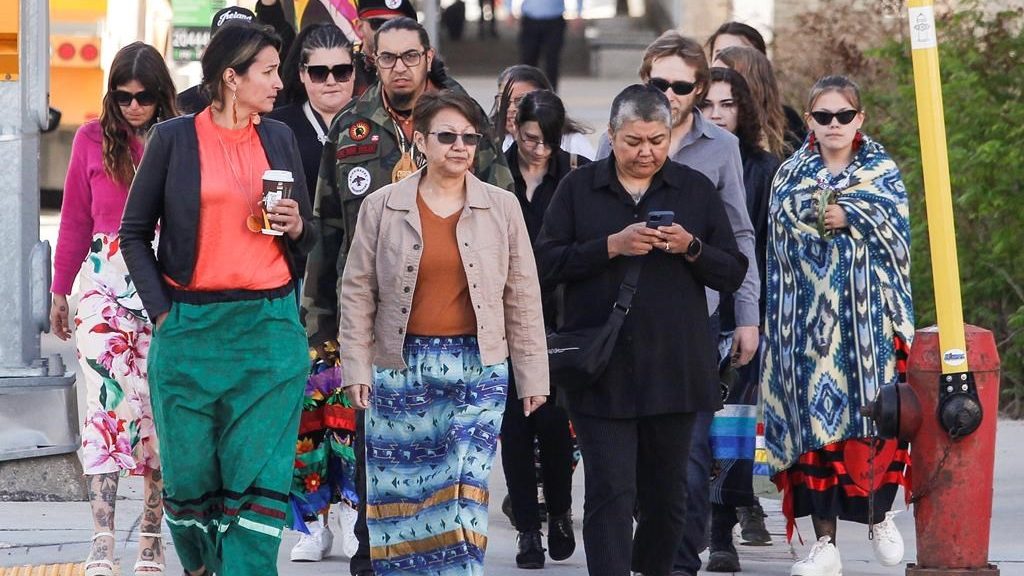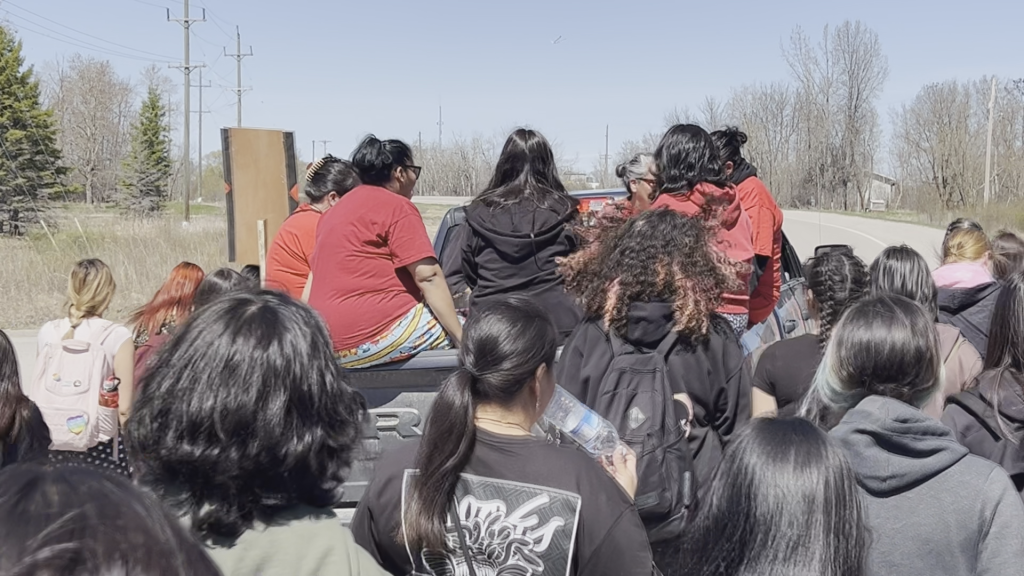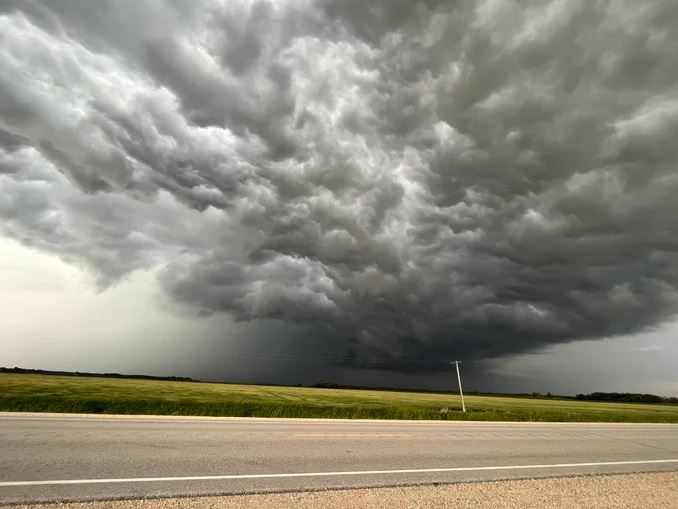Canada bringing back visa requirements for Mexico to slow asylum claims
Posted February 28, 2024 6:06 pm.
Last Updated February 29, 2024 8:02 pm.
New visa requirements Ottawa is imposing on people travelling from Mexico are meant to curb the number of asylum claims in Canada as well as stem the flow of people crossing into the United States, Immigration Minister Marc Miller said Thursday.
The changes take effect as of 11:30 p.m. ET Thursday in an effort to ensure people don’t “game the system,” Miller said.
Though the minister emphasized a close relationship with Canada’s North American ally, the Mexican government responded curtly, saying it “reserves the right to act in reciprocity.”
Quebec Premier François Legault had been urging Ottawa to reimpose visa requirements, telling the federal government his province is reaching a breaking point because of the number of people claiming asylum.
Miller said Mexican nationals accounted for 17 per cent of all asylum claimants in 2023.
“Most asylum claims from Mexico are either rejected by the Immigration and Refugee Board of Canada or withdrawn or abandoned by the applicant, and so a change was needed,” he said.
The vast majority of the 25,236 asylum claims received by the Immigration and Refugee Board from Mexico last year have not been decided.
Of the decided cases, 2,894 were accepted and 2,424 were rejected. Another 560 people abandoned their claims and 1,240 withdrew.
The IRB said more than 28,000 asylum claims from Mexico were still pending as of the end of December, including claims made in previous years.
Miller said another key concern for his government is that some people are travelling to Canada so that they can cross into the United States.
“(The numbers) are nothing compared to what the U.S. is facing with respect to their southern border — in fact, they are probably rounding errors. But they are significant and they’ve increased dramatically in the last year or two,” he said.
In a statement released on its website, Mexico’s Foreign Affairs Ministry said it “regrets this decision and believes that there were other options available before putting this measure in place.”
“Mexico has sent two high-level missions to Canada in recent weeks to reiterate the importance of protecting people who are victims of fraud, trafficking, smuggling and disinformation,” the statement said, adding that the country could take reciprocal action.
Potential repercussions on tourism sector
The Tourism Industry Association of Canada reacted with concern Wednesday evening, saying it fears longer processing times for visitors who are major contributors to the economy.
“While we understand the government’s objective to streamline the process and ensure a robust immigration system, the potential repercussions on the tourism sector, still recuperating from the effects of previous travel restrictions, cannot be overlooked,” president and CEO Beth Potter said in a statement.
The association said Mexican visitors spent more than $750 million in Canada last year, adding it wants the government to implement service standards that guarantee prompt visa processing.
An estimated 60 per cent of people travelling from Mexico will not actually need a visa under the new rules.
Mexican citizens flying to Canada will be able to apply for an electronic travel authorization if they have held a Canadian visa within the last decade or if they have a valid U.S. visa.
Any electronic travel authorizations that had been issued before Thursday evening will be invalid unless the person also has a valid Canadian work or study permit.
People travelling to Canada without a work or study permit must reapply for authorization or apply for a visitor visa.
Those who are already in Canada on a work or study permit are allowed to stay based on the conditions of that permit, and people who are already in the country with an electronic travel authorization can stay as long as they are authorized.
Ottawa lifted the visa requirement for Mexican visitors in 2016.
That year 23,350 people claimed asylum in Canada from all countries around the world. That jumped to 137,947 in 2023.








